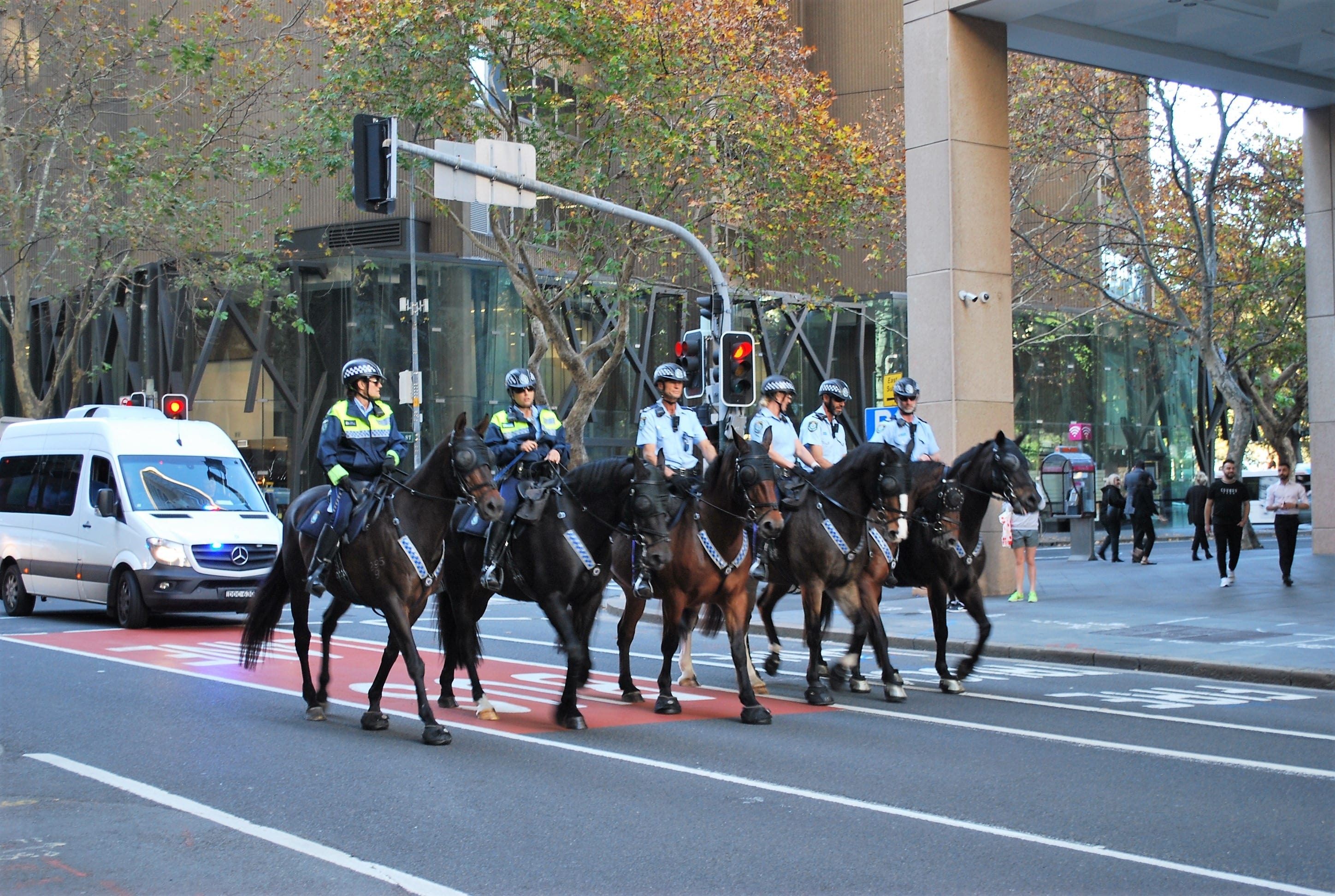Share This Article
ArrayImage Credit: Yuliyaphoto
Poppy Morandin.
The New South Wales Bureau of Crime and Statistics has recently published an analysis of fines issued by police during NSW’s latest lockdown.
A total of 36,597 breaches of COVID-19 public health orders were recorded between 26 June 2021 and 31 August 2021.
A majority (74%) of those who received fines were male, with the largest number of fines handed out in the City of Sydney local government area.
Infringements peaked at more than 1,500 a day on August 21, which coincided with the second anti-lockdown protest in Sydney.
Offences were most commonly committed by those aged 18 to 29 years, with 38.5% of fines issued to this age group.
Breaches most often occurred in outdoor public places or at public transport hubs.
Half of those who received fines were those who had a prior criminal history from the past five years.
Notably, a high proportion of detected breaches involved police searches, occurring through road patrols and suspected drug activity.
Most breaches related to failing to comply with Ministerial directions (25,162 breaches; 68.8%), and 30% of the breaches related to failing to wear or carry a face covering.
Of the breaches related to Ministerial directions, the most common reason for a fine being issued was those who were found outside their LGA or permitted travel radius without a reasonable excuse, at 52%.
This was followed by those who visited others (20%), carpooled (15%), or attended organised or large gatherings (13%) and protests (9%).
The largest number of offences were committed in the City of Sydney LGA (10%), with 60% of those committed by non-residents of the LGA.
This was despite the area only accounting for 1.4% of all new infections.
Other local government areas with high rates of offences included Blacktown (7%), Canterbury-Bankstown (5%), and Liverpool, Cumberland, Parramatta, and Fairfield, which all had a figure of 4%.
Ultimately, BOCSAR deemed that the results: “suggest that breaches are largely enforcement-driven rather than reflecting underlying patterns of non-compliance.”
Therefore, the results of the analysis must be viewed in light of the areas which had a stronger police presence.
The report’s author noted that the large police presence in Sydney’s LGAs of concern could have impacted the number of people fined.
Operation ‘STAY AT HOME’ was commenced by NSW Police on Monday 16 August 2021 which led to a ‘significant boost to public health order enforcement efforts’ in response to rising case numbers.
Commenting on the findings, Jackie Fitzgerald, Executive Director at BOCSAR said: “enforcement activity at certain times and locations appeared to be a major factor driving breach detections.”
Three quarters of breaches resulted in a $1,000 fine, whereas 24% received a $500 fine.
Only 8% of alleged breaches were given court attendance notices.
The report noted widespread criticism of the enforcement of the public health orders due to their often-vague nature, and high level of discretion provided to police officers.
This critique was noted to be ‘amplified’ after NSW Police Commissioner Mick Fuller publicly assured officers that they would not be held to account for mistakenly issuing fines.
The Public Health Act 2010 (NSW) enables state officials to make a range of enforceable directions and orders for the purpose of addressing public health risks and controlling the spread of infectious diseases.
There have multiple orders made throughout the varying stages of the pandemic, reflecting shifting restrictions.
The current Public Health Order in effect is the Public Health (COVID-19 General) Order 2021, as amended on 15 October 2021, under the Public Health Act 2010 (NSW).
Paying on the spot fines issued pursuant to a Public Health Orders, and as outlined in Schedule 4 of the Public Health Regulation 2012, will not result in a criminal conviction being recorded against the offender. This is different to a section 10 non conviction.
Whilst NSW fines or penalty notices can be challenged in court, if found guilty, you may be convicted and face a maximum penalty of up to 6 months in prison and/or an $11,000 fine for failing to comply with a public health order, pursuant to section 10 of the Public Health Act 2010 (NSW).
In the case of a continuing offence, on top of this maximum penalty, a further $5,500 penalty may apply for each day the offence continues.
Businesses or ‘corporations’ face a maximum penalty of $55,000, with a further $27,500 applicable for each day the offence continues.
Book a Lawyer Online
Make a booking to arrange a free consult today.
Call For Free Consultation
Call Now to Speak To a Criminal Defence Lawyer
Over 40 Years Combined Experience
Proven SuccessAustralia-Wide
Experienced LawyerGuarantee
 (02) 8606 2218
(02) 8606 2218
 (02) 8606 2218
(02) 8606 2218














